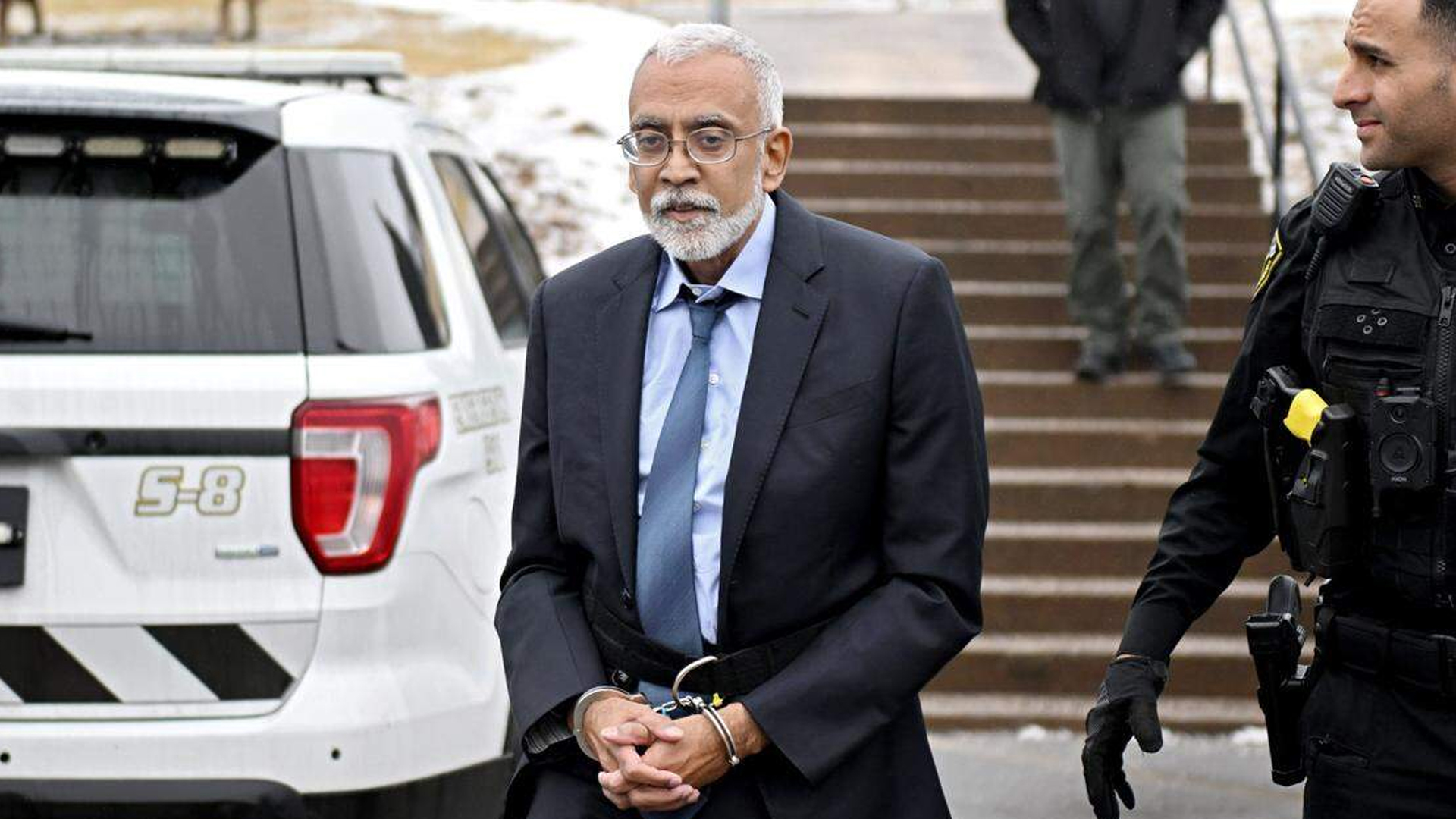Subramanyam “Subu” Vedam’s first breath of freedom in 43 years lasted only minutes. On October 3, 2025, the 64-year-old Indian-origin man walked out of Pennsylvania’s Huntingdon State Correctional Institution, cleared of a murder he never committed, only to be detained by U.S. Immigration and Customs Enforcement over a decades-old deportation order tied to a youthful drug conviction.
Vedam was convicted in 1983 for killing his friend, 19-year-old Thomas Kinser, despite his unwavering claims of innocence. New ballistic evidence in 2022 proved the fatal bullet could not have come from the alleged murder weapon, paving the way for his exoneration.
Born in India but raised in the U.S. from infancy, Vedam has spent nearly his entire life behind bars. His scattered family fears deportation to a country he barely remembers—a fate they call a cruel extension of injustice. Advocacy groups agree, warning that wrongfully imprisoned individuals should not be punished again for youthful errors committed long before their convictions were overturned.
Vedam’s case has ignited national outrage, spotlighting the collision of criminal justice and immigration law. Supporters are now mobilizing to block his removal, urging compassion and legislative change.
As legal proceedings continue, Vedam’s case highlights critical questions about the treatment of exonerees within the justice and immigration systems. It underscores the need for policies that ensure those wrongfully imprisoned are not subjected to further penalties after their release. The outcome will test the balance between law enforcement and human rights, emphasizing that true justice extends beyond freedom to include dignity and fair treatment after incarceration.
Also Read: SC Adjourns Hearing on Sonam Wangchuk’s Plea to October 15






